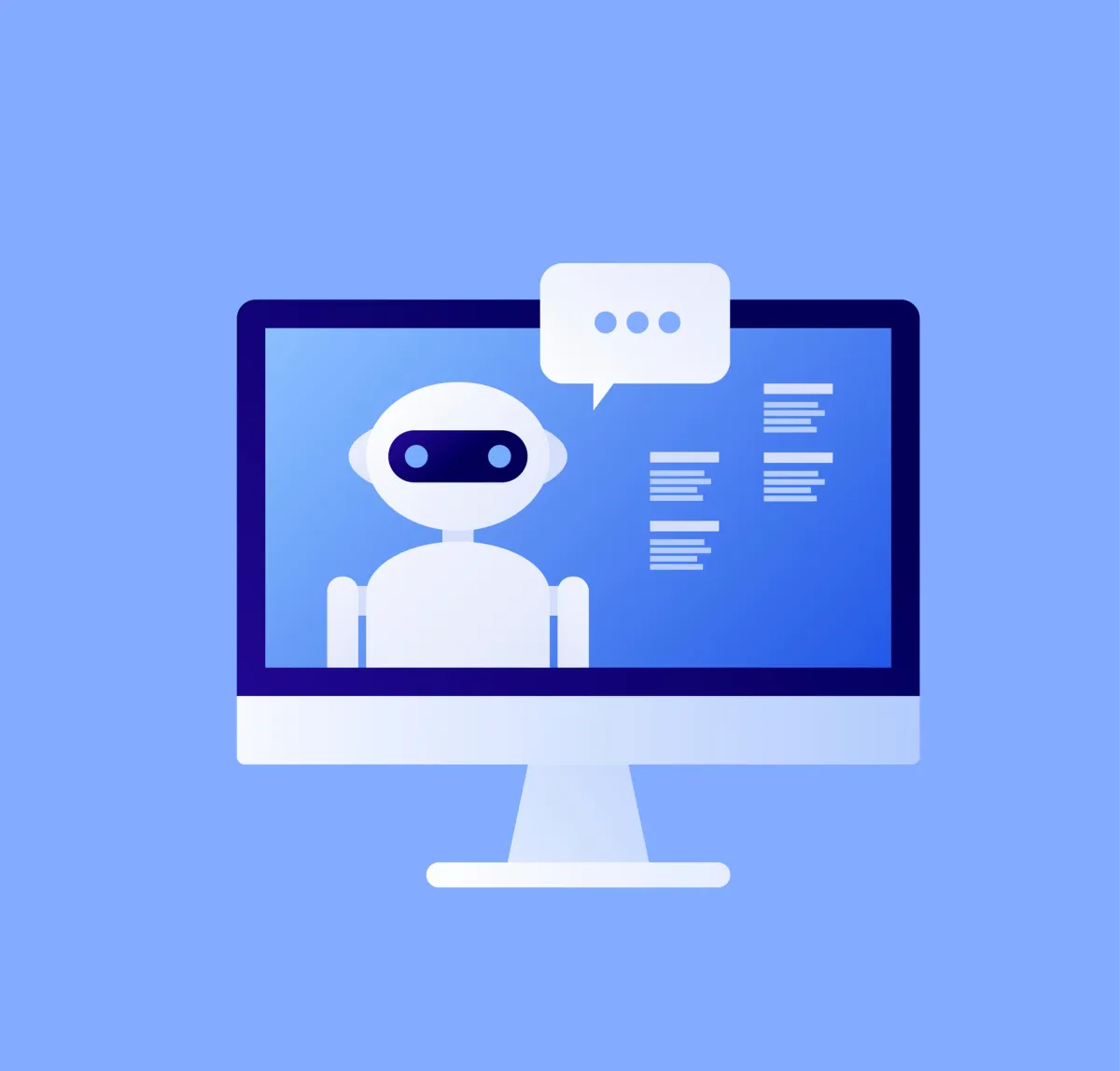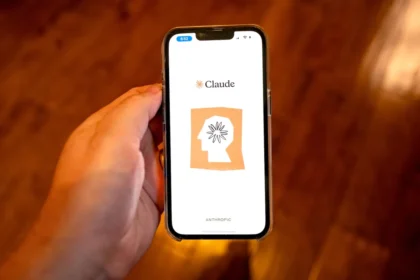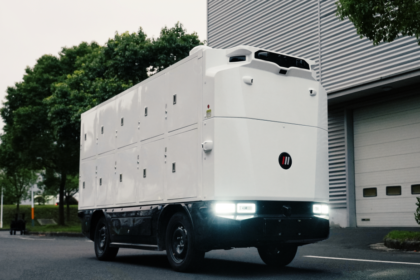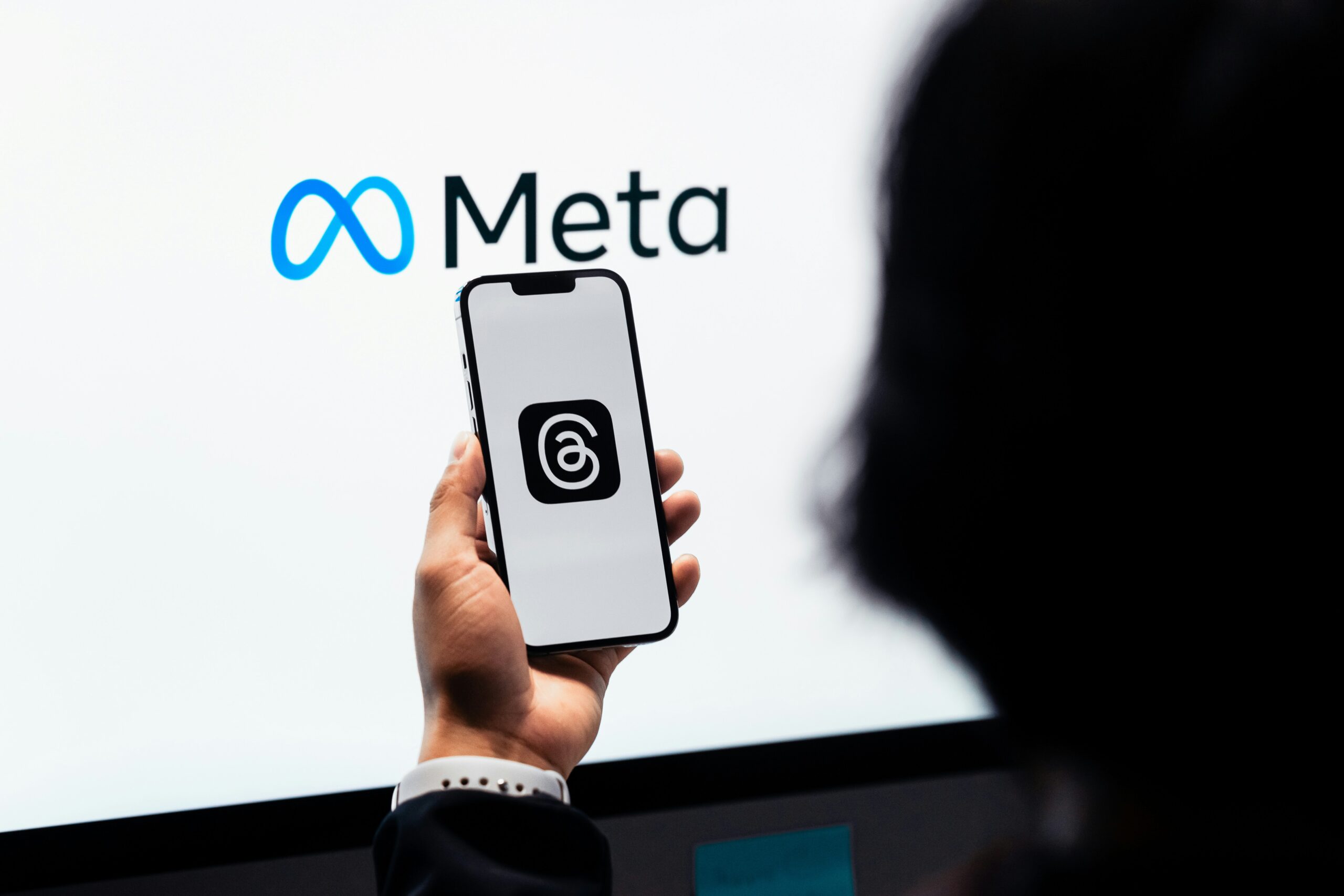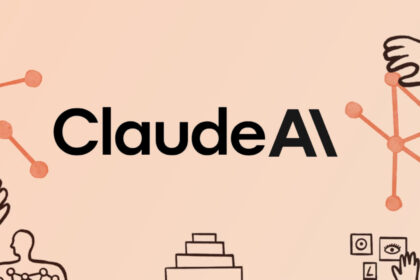Startups are still figuring out how to make money from AI apps, and one company thinks it has the answer: advertising.
Koah, an adtech startup led by co-founder and CEO Nic Baird, has raised $5 million in seed funding to bring sponsored ads into AI-powered chats. The round was led by Forerunner, with participation from South Park Commons and AppLovin co-founder Andrew Karam.
Baird argued that while subscriptions have worked for early AI apps aimed at “prosumer” audiences, they won’t scale globally. “Someone could build an AI app that reaches millions of users in Latin America, and those users are not paying $20 a month,” he told TechCrunch. “They have the same inference costs as everyone else.”
Koah is already placing ads in apps like AI assistant Luzia, parenting app Heal, student research tool Liner, and creative platform DeepAI. Advertisers include UpWork, General Medicine, and Skillshare. These ads appear at relevant moments in a chat, for example, showing a freelancer ad if you ask about startup business strategies.
So far, Koah claims it delivers clickthrough rates of 7.5%, with early partners earning $10,000 in their first 30 days. Baird says the goal is for ads to be relevant enough that they boost engagement rather than hurt it.
Forerunner partner Nicole Johnson said monetization is the “elephant in the room” for AI startups, and while subscriptions dominate today, they quickly cause fatigue and churn. “Multiple revenue models in consumer AI are inevitable, and if the past decades of internet services are any indicator, ads will play a major role,” she wrote in an email.
Related: Warner Bros. Sues Midjourney Over AI-Generated Superman and Batman Images
Baird sees AI chats as a mid-funnel advertising opportunity, where users may research or ask for recommendations but still complete purchases elsewhere. “People are not transacting on AI, they’re just not,” he said. “They’re going to Google to buy. The question is, how do we capture that intent?”


